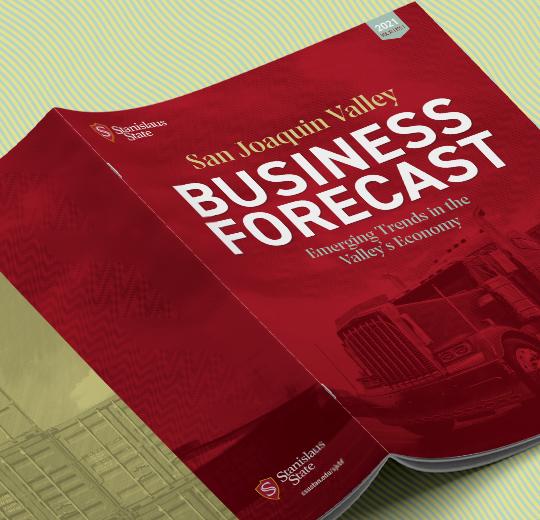Economics at its core is about decision-making. It studies how people and society choose to use their scarce resources to try to satisfy their unlimited wants. Since economics is about people, choice, scarcity, resources and satisfying wants, it's an exciting, broad and yet, practical field of study. It offers useful tools that will help you understand the world and make wiser decisions. The clear, rigorous mode of thinking developed in studying economics offers excellent preparation for a wide variety of professional careers. This is reflected in the diversity of people who have chosen to study economics in college such as Ronald Reagan, Arnold Schwarzenegger, Supreme Court Justice Sandra Day O'Connor, Sam Walton (founder of Wal-Mart), former Secretary of State George Schultz, former Congressman Les Aspin and former Senator Bill Proxmire. Clearly, a background in economics can be helpful in a wide variety of fields.
Why study economics?
If you are considering whether you would like to be an economics major, you may want to visit the Career Opportunities. You can also meet with a of the Economics Department faculty.
"The theory of economics does not furnish a body of settled conclusions immediately applicable to policy. It is a method rather than a doctrine, an apparatus of the mind, a technique of thinking, which helps its possessor to draw conclusions"
- John Maynard Keynes

New Bachelor of Science in Quantitative Economics!
Launches Fall 2026
Turn data into decisions. The new Bachelor of Science in Quantitative Economics at Stan State gives you the tools to analyze complex real-world problems and make data-driven decisions. It will prepare students for exciting graduate and professional degree programs in quantitative disciplines.
Contact the Economics Department to learn more about this exciting STEM-designated program in quantitative economics.
- Critical thinking—students will demonstrate proficiency with economic theory and concepts and apply them to real world situations.
- Applied mathematical/statistical reasoning—students will demonstrate statistical and econometric skills in analyzing economic issues.
- Communication skills—students will effectively communicate theoretical and empirical analysis of economic phenomena.
- Practical quantitative analysis skills—students will demonstrate practical knowledge of data analytical tools in solving real world problems.
- Lower division requirements (17 units)
ECON 2500 Principles of Macroeconomics
ECON 2510 Principles of Microeconomics
MATH 1410 Calculus I
MATH 1420 Calculus II
MATH 1610 Statistics for Decision Makers - Upper-Division Requirements (20 units)
ECON 4000 Intermediate Macro Theory
ECON 4200 Intermediate Micro Theory
ECON 4300 Intermediate Micro Theory II
ECON 3205 Introduction to Econometrics
ECON 4205 Econometrics II
ECON 4350 Research in Quantitative Economics
ECON 4960 Senior Seminar - Electives (15 units)
Students select 4-5 upper-division economics courses.
Check out the San Joaquin Valley Business Forecast! Stanislaus State presents an annual business forecast for the San Joaquin Valley economy. Businesses can view detailed information about trends in the region relative to those of the state and the nation.

Updated: September 24, 2025